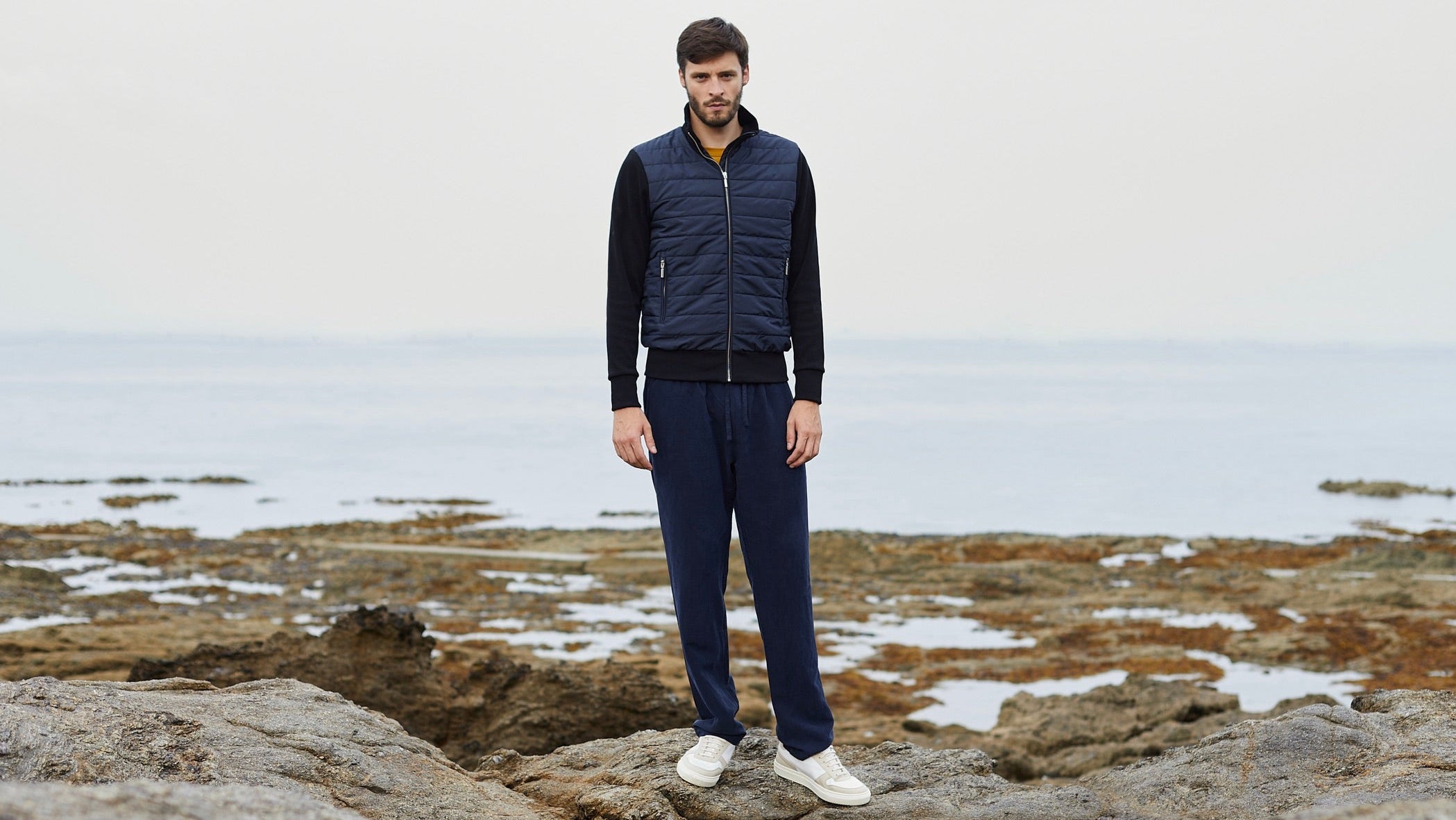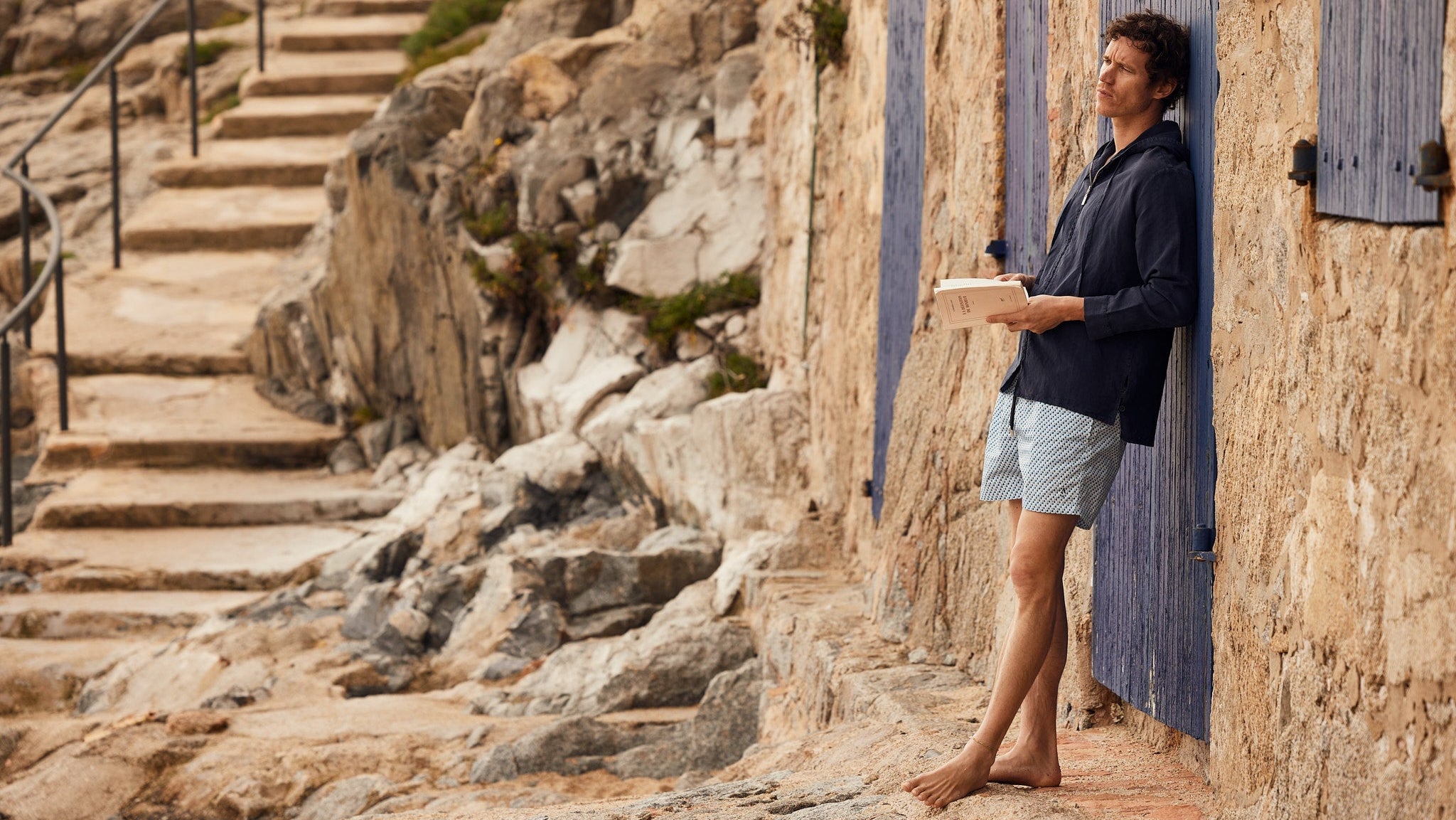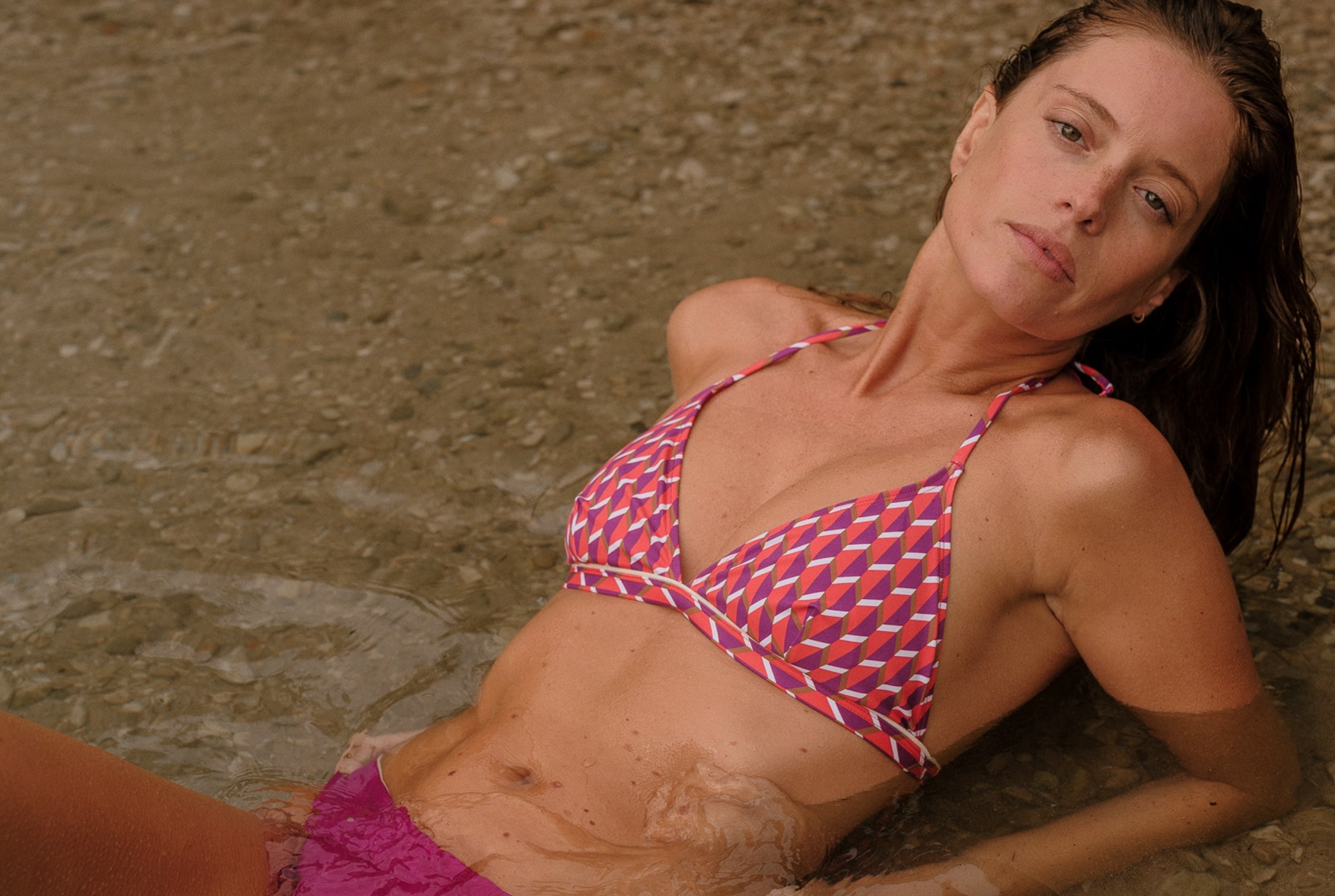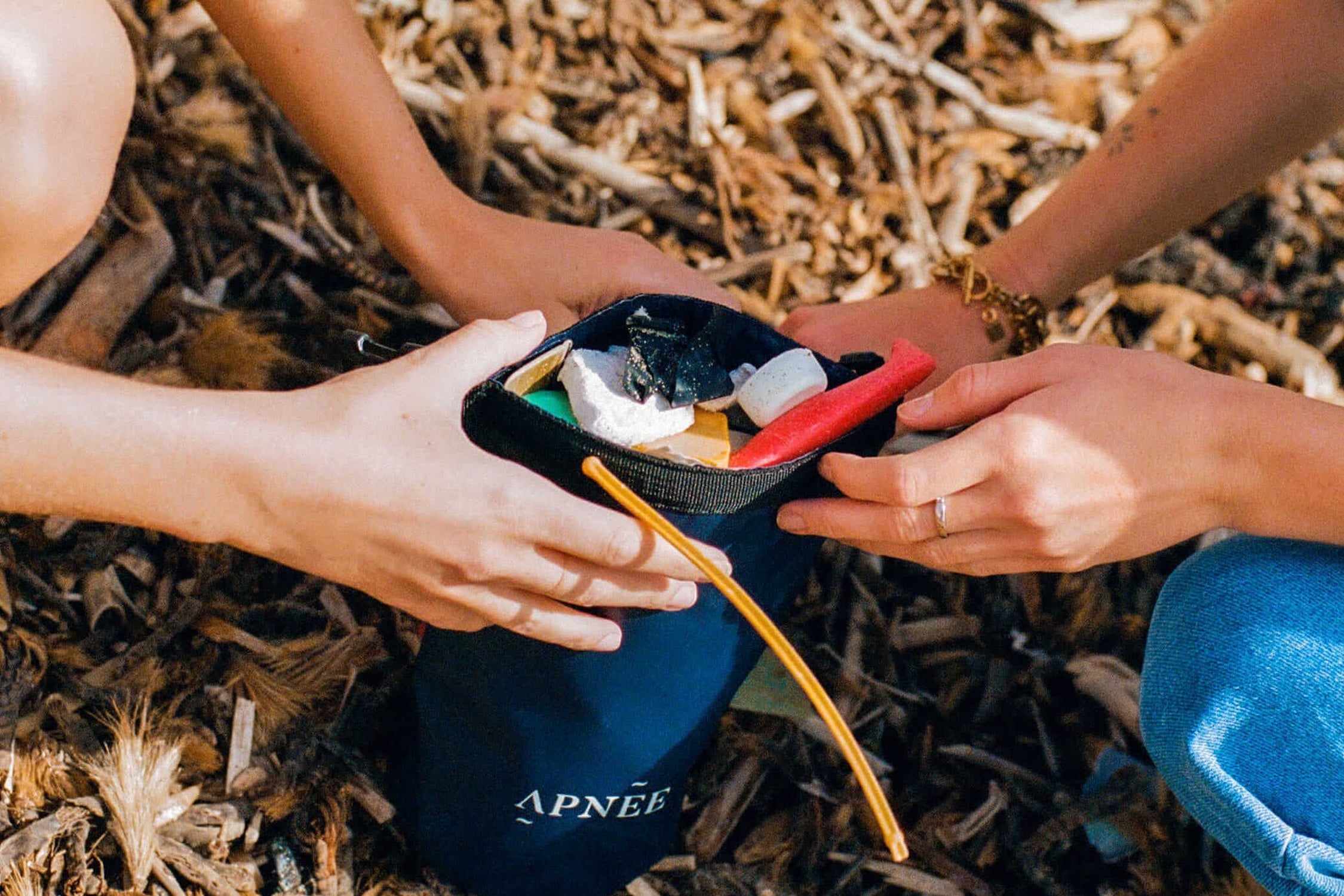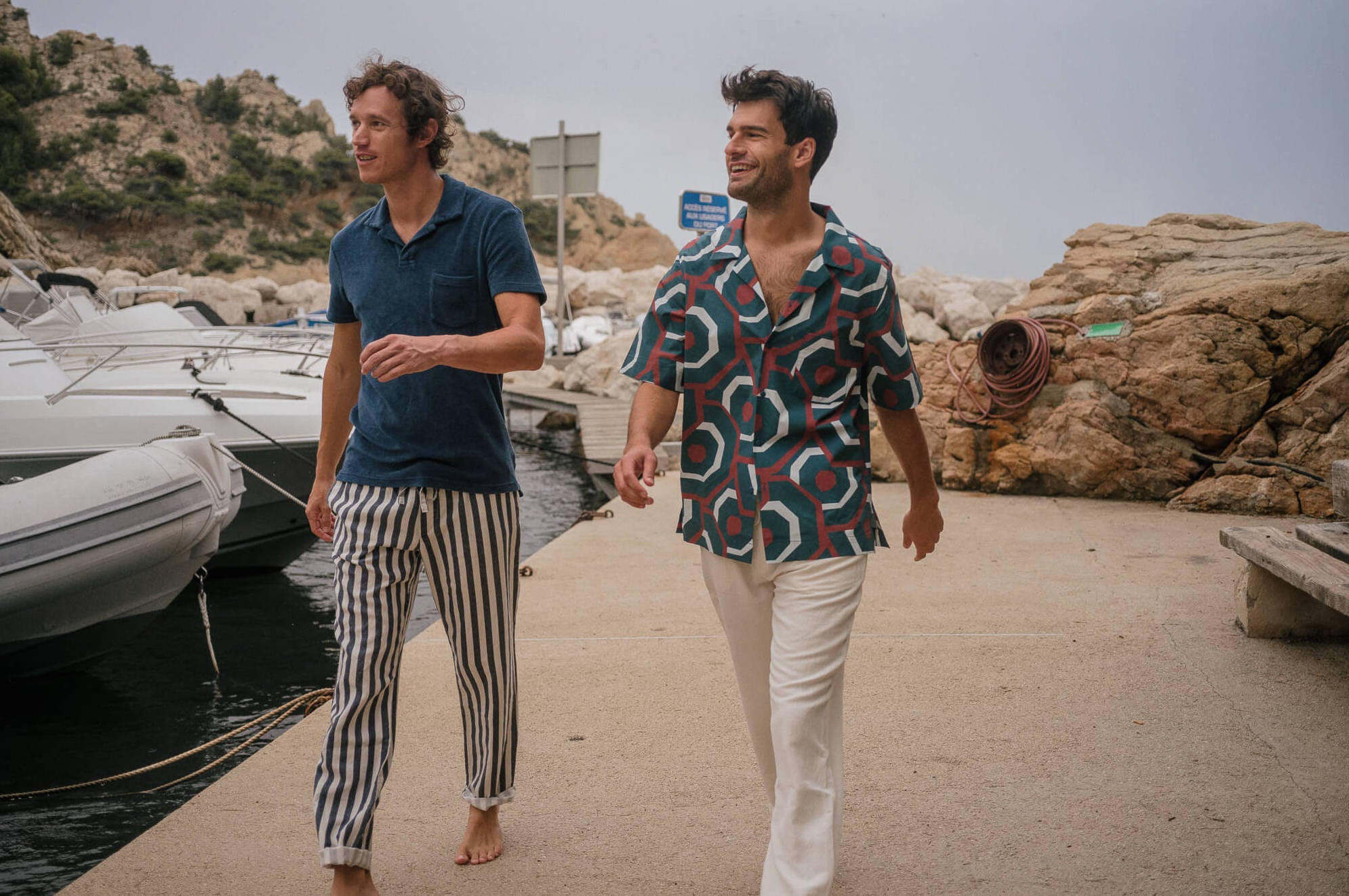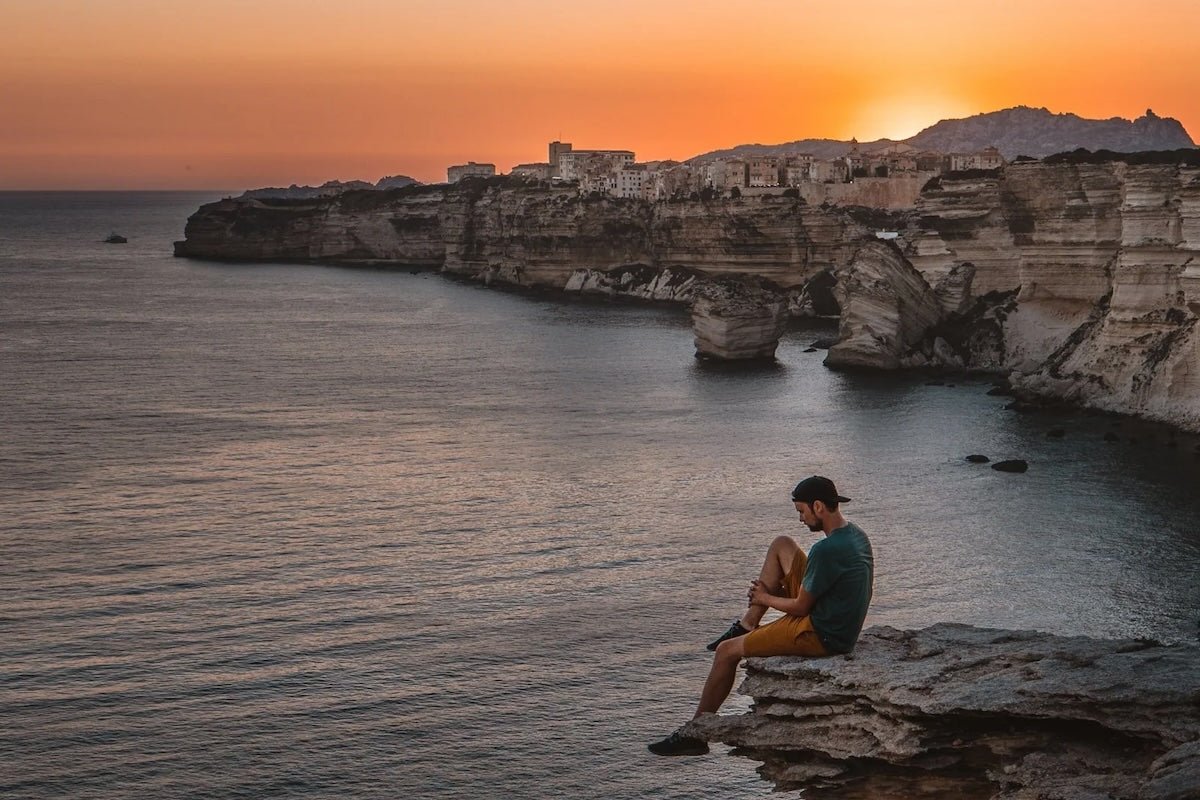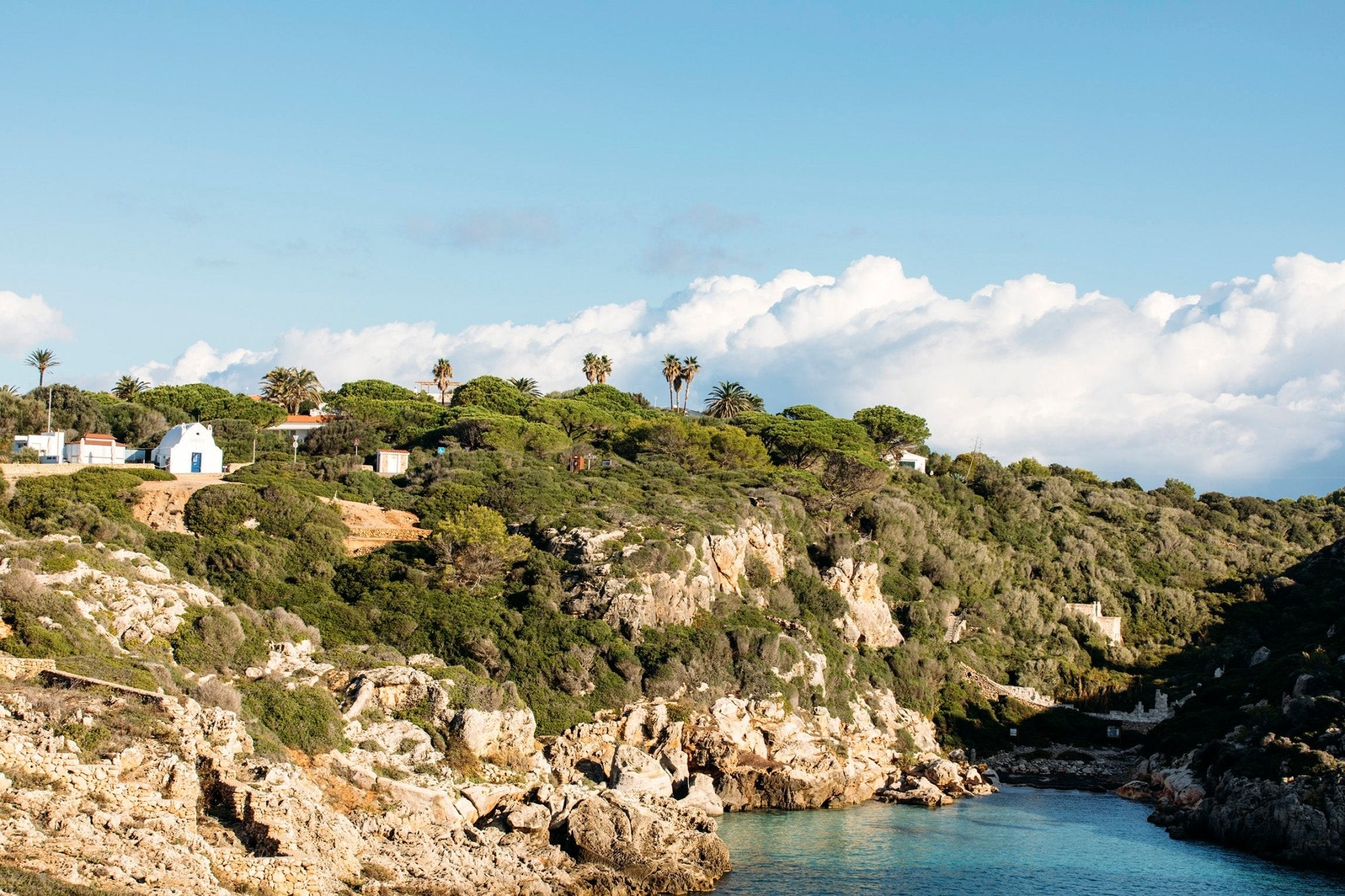
OCEAN LOVER #5: Matthew Sharp
“We have the responsibility to show hidden worlds”
Recently awarded in the “ocean preservation” category by the Ocean Photography Awards (photo competition rewarding the most beautiful ocean photos), Matthew Sharp is a young English photographer who divides his time between the mountains and the oceans. Guided by his passions and a taste for adventure, a few years ago he decided to make his passion his profession. Today, he travels the world telling stories through his photos, whether highlighting the world's growing pressures and problems or capturing a family's intimate moments.


I have been passionate about the oceans since a young age, having spent a lot of time at sea. I was lucky enough to move to the beautiful island of Jersey when I was a child and growing up, I sailed to the four corners of the world with my family.
This exposure to the oceans led me to be interested in them and to want to understand them. I thus developed a real interest in the oceans, their fauna and flora.
I have so many it's hard to choose...
I would say that the first memories are the most lasting. Seeing humpback whales for the first time was incredible. But just the sounds of the ocean can be magical. I remember diving in Antigua, West Indies, when I was just twenty years old. As soon as we descended more than 10 meters deep, we could hear the songs of the whales in the distance. It was so magnificent that I would have liked to stay in this underwater world.

What do you like when you photograph the sea and the oceans?
I think that as photographers we have a responsibility to show the “hidden worlds” that we care about, to resonate better with people. Hopefully, a few people will become more concerned about the issues affecting our planet today. And for me, it's a good excuse to just be in contact with the oceans. :)

I was surprised and proud to receive this award. This year has been special and personally this award was a real ray of sunshine. I also hope that thanks to this, many more people will see this photo and that it will further convey the message.
I took this photo last year, during a surf trip to the Maldives. One of the islands had been left in its raw state following an unsuccessful real estate project. The amount of plastic accumulated on the island shocked me deeply...In places, it was even up to my knees (there are more photos on my site for those interested: https://sharpimagesphoto.co .uk/). Among all this waste, we saw a hermit crab walking around, a plastic wrapper had replaced its shell. It was truly shocking and sad to see.

I remember growing up feeling like the ocean was so big that humans could never damage it. At least that's how I felt as a little boy. But this has changed dramatically: overfishing, ocean acidification, rising sea levels and plastic pollution. We have changed the oceans irreparably. It's crazy that we were able to change this ecosystem to this extent. What amazes me the most is that predictions announce that in 2050, there will be more plastic than fish in our oceans!

It's not something I do aggressively. I think that otherwise the message would be less effective. I come from a science background, having studied marine biology at university, and I like to try to keep things factual and relevant. However, I changed my way of doing things a little when I realized what was happening, especially seeing the hermit crab and its plastic shell. I'm now a little more proactive about sharing this kind of content. I also try to connect people in a more emotional way through these photos that move me so much.



Seeing people respond to the stories behind my photos, whatever story I'm trying to tell them.
What are your plans for the future?
I am due to join the Sea Legacy expedition later this year and also return to the Maldives to work alongside “Ocean Culture life” (a network of ocean enthusiasts) and spend time photographing underwater.
It should be a good year, I can’t wait!

Pick up your trash, and if you find any on the beach or in the sea, pick it up too. If we all try a little bit to do our part, it would make a huge difference! And once you've picked it up, put it in for recycling. It can make a difference for the planet.
Eat less meat. I'm not saying you have to become vegetarian (I love meat), but most meat like beef for example comes from animals fed fish... It's a huge waste of energy and a waste of our dwindling fish stocks.
Think about the things you actually need in your lives rather than the things you want. I think it's good to have what you want in life but it should be things that you are passionate about, that have a real interest. Try living a little more minimalistly...




